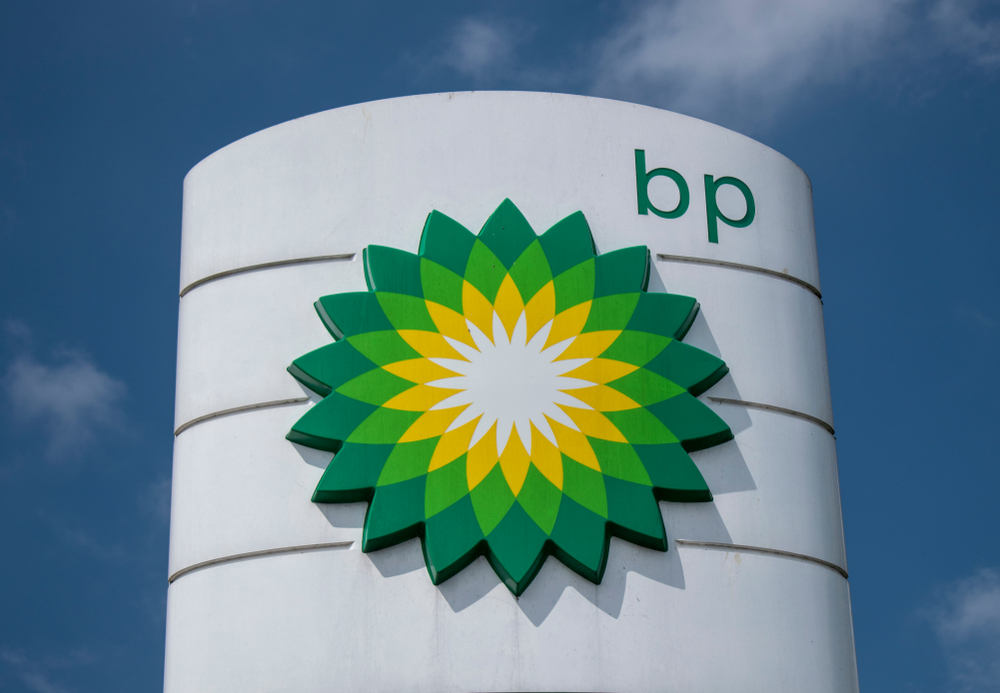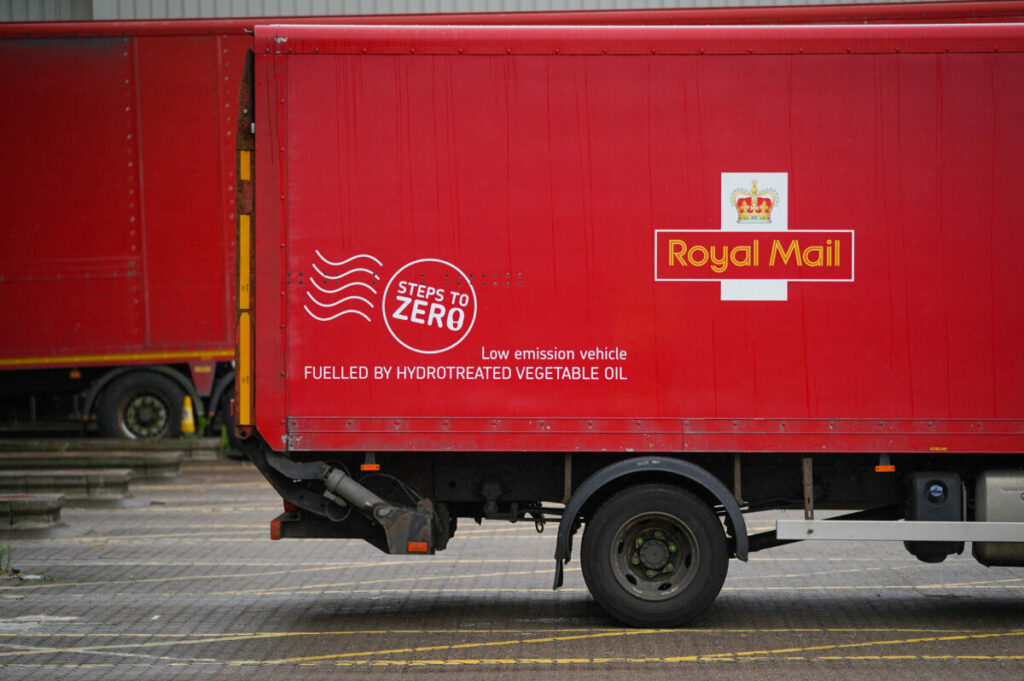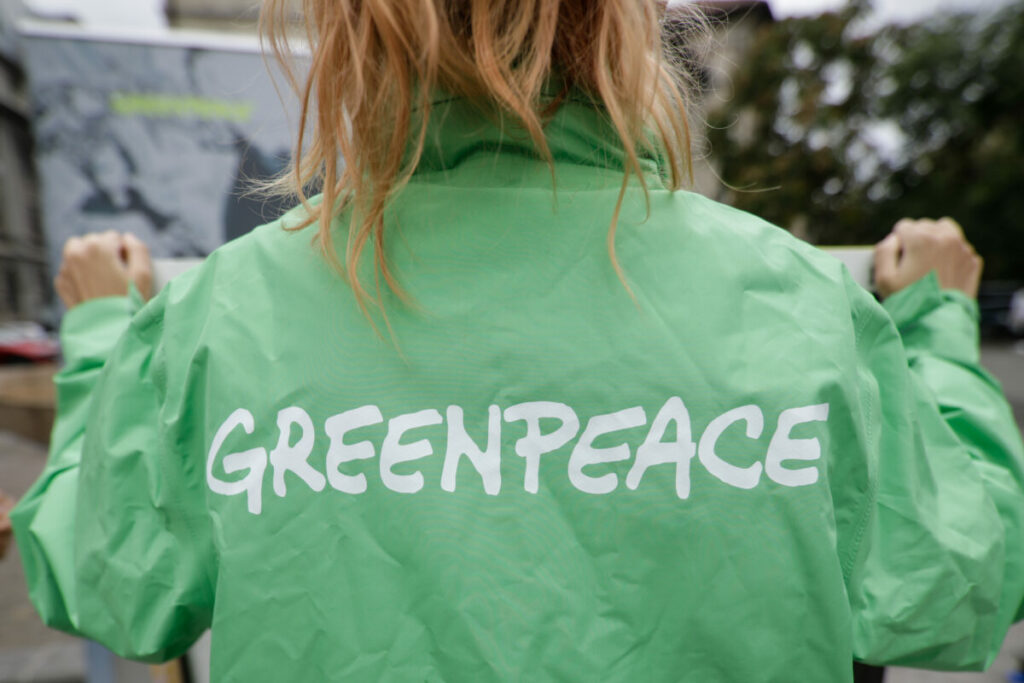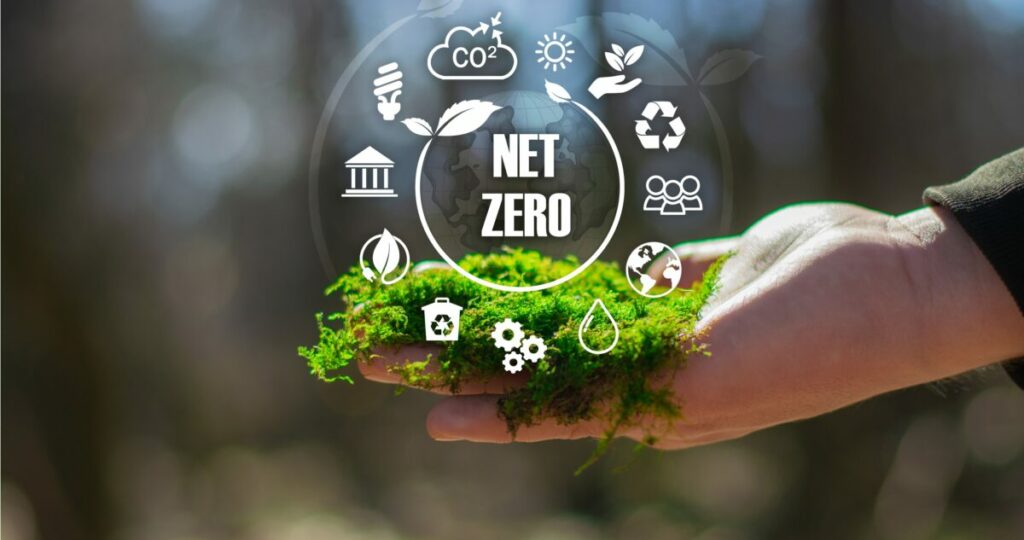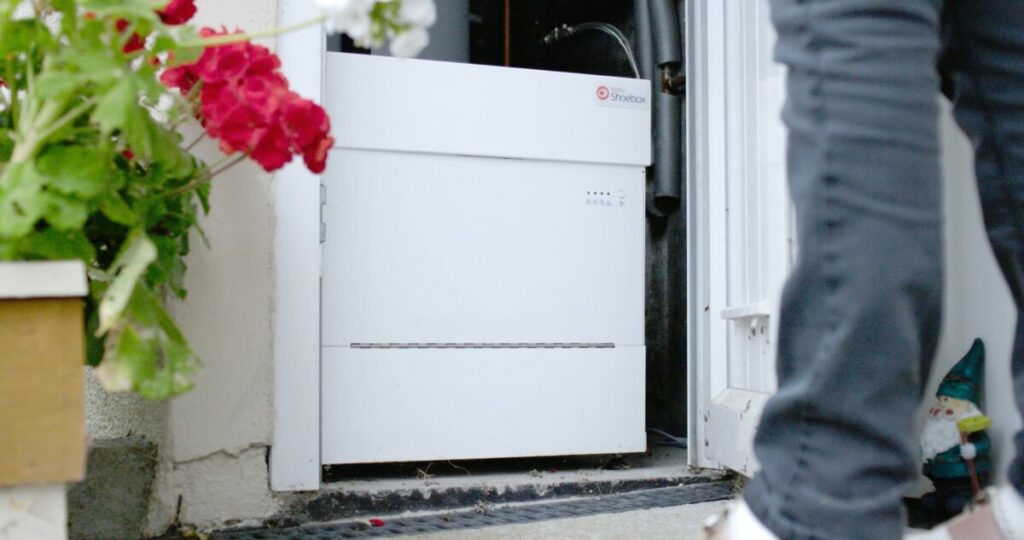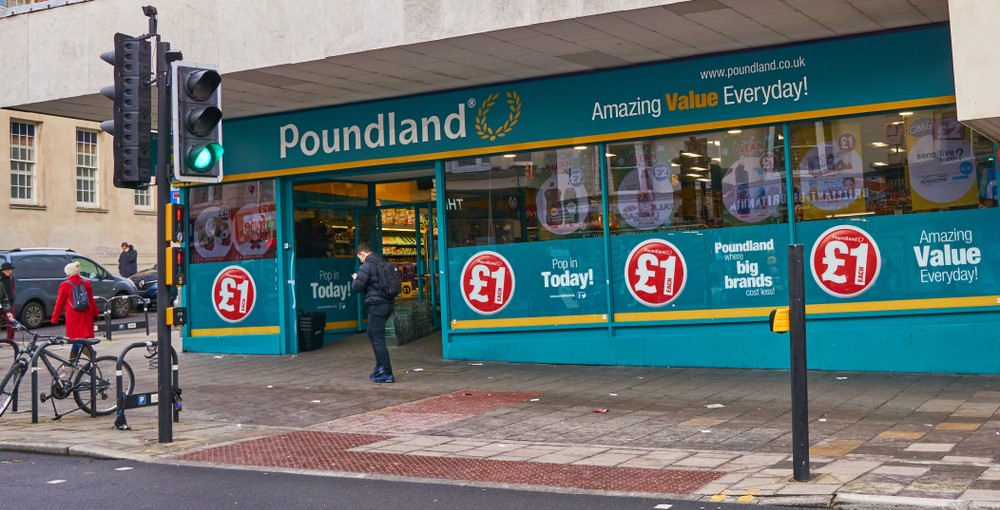Accusing oil giants BP and Shell of using underhand environmental marketing tactics – commonly known as ‘greenwashing’ – is nothing new.
It is becoming harder than ever, though, for companies to say one thing and do another. Earlier this year, Shell’s ads were banned by the Advertising Standards Authority (ASA) for a lack of transparency around the fact that the majority of its profits come from fossil fuels such as petrol.
The ASA said at the time that “the ads were misleading, because they omitted significant information about the overall environmental impact of Shell’s business activities in 2022.”
To add even more fuel to the fire, Green Party MP Caroline Lucas said that “fossil fuel giants like Shell can’t greenwash their way out of the climate emergency.
“Their glitzy advertisements can no longer conceal their climate criminal behaviour – polluting the planet, raking in record profits, and sanitising their own image to continue the climate-wrecking cycle,” Lucas added.
Despite the warnings, BP continues to make those glitzy and — potentially — misleading ad campaigns.
Subscribe to Sustainability Beat for free
Sign up here to get the latest sustainability news sent straight to your inbox everyday
BP’s ad sparks fire on social media
Indigo Rumbelow recently took to X, previously known as Twitter, to share BP’s latest ‘And, not or’ advert at Westminster tube station.
Next level gas lighting from @bp_plc at Westminster Tube Station. @JustStop_Oil pic.twitter.com/MC6wcFPUHc
— Indigo Rumbelow (@IndigoRumbelow) September 11, 2023
Each picture highlighted how the company’s activities include both a ‘bad’ environmental action and a ‘good’ environmental action – such as ‘filling up petrol tanks + charging EV batteries’, or ‘developing wind farms + producing oil and gas’.
The small print of each image reads: “BP’s wider transformation is underway. Whilst today we’re mostly in oil and gas, we’ve increased global investment into lower carbon and other transition businesses from around 3% in 2019 to around 30% last year.”
The final image on Rumbelow’s slide reads that BP is “increasing investment in the transition to lower carbon and keeping oil and glass flowing where it’s needed”.
But is BP’s investment into cleaner energy really equal to its fossil fuel activities?
The truth behind the numbers
While it is certainly true that BP is investing more in the energy transition, it is a push to say that doing so evens out its fossil fuel activities.
Earlier this year, BP scaled back its climate plans and after its annual profits more than doubled to £23 billion in 2022 following an increase in gas prices. As a response to the surprise windfall, the fossil fuel giant cut its emissions pledge and planned a larger production of oil and gas over the next seven years compared to previous targets.
Originally, BP had said it was looking to reduce carbon emissions by between 35% and 40% by 2030 compared to 2019 figures.
However, after announcing its profits, the company changed plans. Instead, its carbon emission reduction targets dropped to between 20% and 30% as it decided to invest more in producing oil and gas.
Is BP greenwashing?
Creatives for Climate chairperson Lucy von Sturmer said that – based on the reality of BP’s activities, the ads were a piece of “sophisticated greenwashing” which employ a “smart tactic of delay to communicate certain truths”.
“These ads make BP’s operations seem moderate, balanced, reasonable and obscure the truth that 90% of global carbon pollution comes from fossil fuels and we must reduce carbon pollution by 50% to comply with the Paris Agreement.
“Greenwashing is criminal behaviour because it diverts goodwill into delay – it is essentially lying and misleading the public into thinking enough is being done, and there is no cause for concern; whereas the exact opposite is the truth,” added von Sturmer.
Clean Creatives executive director Duncan Meisel said the ad shows that companies like BP will do “whatever it takes to pretend to be green”, even in the face of regulation.
“BP is spending $15 billion on fossil fuel expansion this year, increasing the amount of fossil fuel they produce when scientists say we need to be rapidly decreasing production. This is an attempt at greenwash but not a very effective one,” Meisel continued.
“The company is still desperate to be seen as a clean company in the face of clear corporate action in the opposite direction.”
“They’re now hemmed in by regulatory action that limits their ability to mislead, but they’re not letting that stop them,” he added.
Greenwash and go
Earlier this year the European Parliament and the British Advertising Standards Authority (ASA) took a decisive step in the fight against greenwashing – and in the process hope to have signed a death warrant against the entire dodgy practice.
However, as BP’s campaign latest campaign clearly shows, it’s not quite as simple as that.
While the regulations might put a spanner in the works for many brands and will certainly put an end to wildly inaccurate carbon-neutral claims, they will also just mean that others will find ways to work within the law – as Meisel says, doing “whatever it takes to pretend to be green”.


